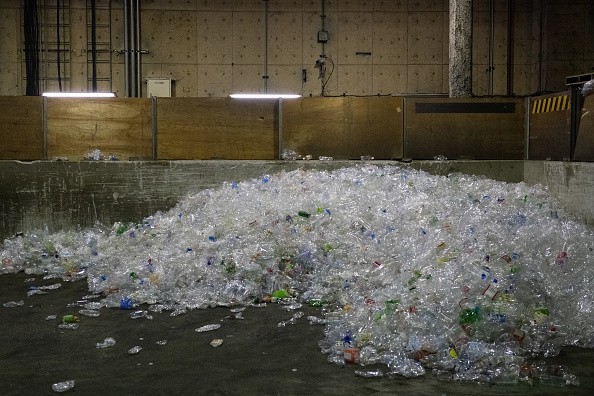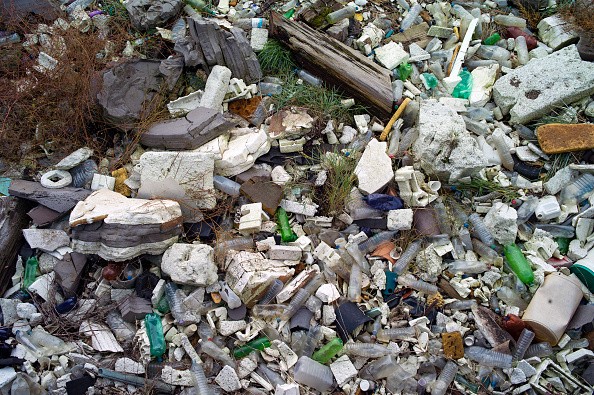Plastics are a part of almost every product we make use of daily. The average person in the U.S. produces about 100 kg of plastic waste every year, most of which goes directly to a landfill. A team headed by Jay Keasling, Brett Helms, Kristin Persson, and Corinne Scown at Lawrence Berkeley National Laboratory (Berkeley Lab) developed a plastic known as Polydiketoenamine, which can help solve the waste crisis.

Poly(diketoenamine) or PDK
Not more than two years ago, Helms made known the invention of a new plastic that could solve the problem of the waste crisis directly. Known as poly(diketoenamine), or PDK, the material possesses all the appropriate properties of traditional plastics while preventing environmental hazards, because, PDKs can be reprocessed indefinitely with no loss in value, unlike traditional plastics.
Now, the team has revealed a study that shows what can be achieved if manufacturers should start making use of PDKs on a large scale. The bottom line? Plastics that are PDK-based could become commercially competitive quickly with traditional plastics, and the products will get cheaper and more sustainable eventually.
PDK Waste
The first author on the report and a previous postdoctoral fellow who worked with senior author Corinne Scown, Nemi Vora explained plastics were never made to be reprocessed.
The need to do so was identified long afterward, but driving durability is the aim of this project. PDKs were designed to be reprocessed from thievery beginning, and since it began, the team has been working to refine the recycling and production procedure for PDK so that the material could be low-priced and easy enough to be established at commercial scales in anything from packaging to vehicles.
The study introduces a simulation for a facility of 20,000-metric-ton yearly that puts out new PDKs and assimilates used PDK waste for reprocessing. The authors weighed the technology and chemical inputs required, and also the price and greenhouse gas emissions then made a comparison of their discoveries to the equivalent figures for production of traditional plastics.Vora said recently, there is a great push for embracing circular economy practices in the industry.

Over 8.3 Billion Metric Tons of Plastic Material Manufactured
Everyone is attempting to reprocess whatever they're putting out in the market, and researchers started speaking to the industry about deploying 100% percent unendingly reprocessed plastics and have gotten a lot of interest.
A staff scientist at Berkeley Lab's Molecular Foundry, Helms, added: "The questions are how much it will cost, what the impact on the use of energy and emissions will be, and how to reach there from where we presently are. The next stage of our collaboration is to provide answers to these questions.
Till today, over 8.3 billion metric tons of plastic material have been manufactured, and the extensive majority of this has come to a halt in waste or landfills incineration plants. A small portion of plastics is sent to be "mechanically" reprocessed implying they are melted and then re-shaped into new products.
Related Article : Coronavirus Casualties: Plastic Waste Amid Pandemic is Killing Animals All Over the World
For more news, updates about plastic wastes and similar topics don't forget to follow Nature World News!
© 2025 NatureWorldNews.com All rights reserved. Do not reproduce without permission.





